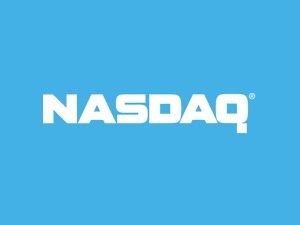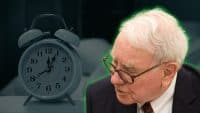The Nasdaq Composite Index reached an intraday high of 5,132.52 on March 10, 2000, and closed an at all-time high of 5,048.62 the same day. The close yesterday was almost 2,000 points below that level as it reached 3,135.81. Giddy members of the press could not stop from trumpeting the success that put the index at a 12-year high. Few asked whether we are better off today than on March 10, 2000. The answer is no.
Market experts have an odd habit of worrying about what will happen to stocks next. Some currently believe that the surge of the Nasdaq, driven mostly by Apple Inc. (NASDAQ: AAPL) but also by Amazon.com Inc. (NASDAQ: AMZN) and Google Inc. (NASDAQ: GOOG), will not continue for much longer. These big companies, based on market cap, cannot continue their crazy runs. On the other hand, maybe Apple can rise another 20%, 30% or more. There are still tens of millions of iPhone 5 models to be sold.
Money is money. An investment in the index is worth much less now than in 2000. Granted, the market collapsed due largely to the Internet bubble bursting, but for those few months in 1999 and 2000, investors were better off by more than 50% than they are if they owned the index today.
Looking back, Nasdaq at 5,000 was not sustainable, obviously, even though the index was partially driven by large companies then as well — Microsoft Corp. (NASDAQ: MSFT) and Cisco Systems Inc. (NASDAQ: CSCO). Those tech companies are now aged, by the measures of innovation and sales growth. Plenty of stocks were considered hyper-growth stocks just a few years ago that have had revenue slowdowns recently — Google is among them. Google has become the new Microsoft. Investors began to worry a few years ago that Microsoft’s hyper growth was behind it because it was in only one business — Windows. Google is in one business today as far as Wall St. is concerned, despite all of its new initiatives such as Android. Google makes money on search and nothing else. Search sales are not growing as robustly as they once were.
Some experts would argue that the Nasdaq’s value was distorted by Internet startups, many of which were out of business by 2001. There are many fewer companies that fall into that category now. Even Facebook Inc. (NASDAQ: FB), with its stock in ruins, is completely viable. Today’s Internet IPOs represent less risky companies than in 1999. That means the trading that sent the Nasdaq to more than 5,000 was very speculative, and is not nearly as much so now.
But, for anyone who owned the Nasdaq index in 2000 and still owns it today, the difference in prices qualifies as a disaster.
Douglas A. McIntyre
It’s Your Money, Your Future—Own It (sponsor)
Are you ahead, or behind on retirement? For families with more than $500,000 saved for retirement, finding a financial advisor who puts your interest first can be the difference, and today it’s easier than ever. SmartAsset’s free tool matches you with up to three fiduciary financial advisors who serve your area in minutes. Each advisor has been carefully vetted and must act in your best interests. Start your search now.
If you’ve saved and built a substantial nest egg for you and your family, don’t delay; get started right here and help your retirement dreams become a retirement reality.
Thank you for reading! Have some feedback for us?
Contact the 24/7 Wall St. editorial team.





